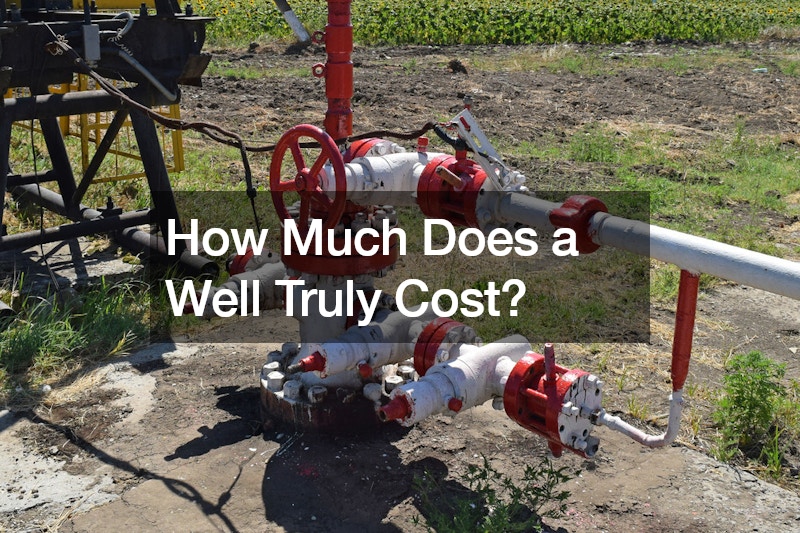
The cost of drilling a well can vary significantly depending on several factors, making it essential for property owners to understand the various elements that contribute to the overall expense. Well drilling services typically charge based on the depth of the well, geological conditions, equipment required, and labor costs, among other variables. Therefore, obtaining an accurate estimate from reputable well drilling services is crucial for budgeting and planning purposes.
In addition to the initial drilling costs, property owners should also consider additional expenses such as permitting, water quality testing, and well maintenance. Securing necessary permits from local authorities and conducting comprehensive water testing are essential steps in ensuring compliance with regulations and assessing the suitability of the water source for domestic or irrigation purposes.
Ongoing maintenance and potential repairs should be factored into the total cost of owning a well. Regular inspections, pump replacements, and water treatment systems may be necessary to maintain optimal performance and water quality over time. Investing in preventative maintenance and quality equipment can help prolong the lifespan of the well and minimize future expenses.
The location and accessibility of the drilling site can impact the overall cost of the well. Remote or challenging terrains may require specialized equipment and additional labor, leading to higher drilling costs. Consulting with experienced well drilling services and conducting thorough research can help property owners make informed decisions and manage expenses effectively when investing in a well.
.

